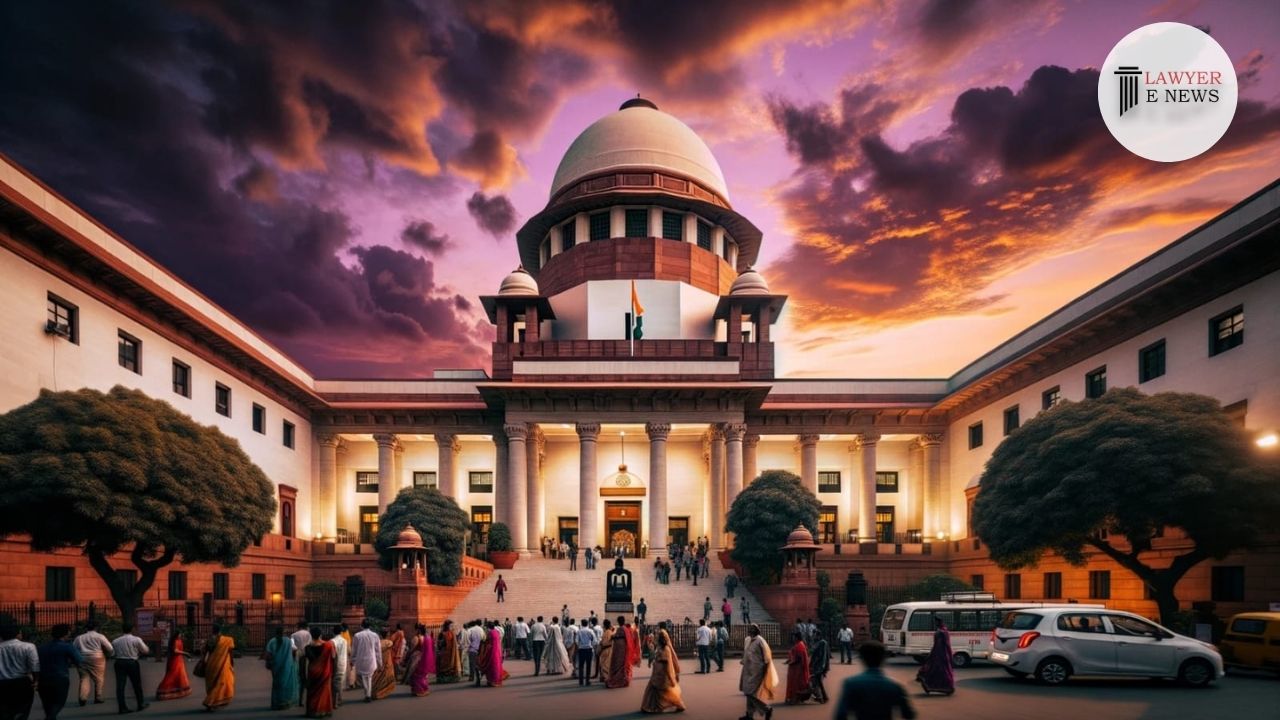-
by Admin
18 February 2026 1:48 AM



In a ruling that underscores the Indian legal system’s distinct approach, the Supreme Court has rejected the application of the “Falsus in uno, falsus in omnibus” principle. The Court held that this principle, which treats a witness as unreliable if they have lied about one thing, cannot be applied in Indian courts. The bench of Hon’ble Mr. Justice M.M. Sundresh and Hon’ble Mr. Justice J.B. Pardiwala reaffirmed the court’s duty to meticulously assess evidence, stating, “It is the duty of the Court to remove the chaff from the grain in its pursuit for truth.”
The verdict came in a case involving a violent incident stemming from a dispute over land possession. The appellants had challenged their conviction under IPC sections 302, 120B, 34, and 307. The dispute led to the demise of two individuals and left three injured eye-witnesses. The High Court had acquitted some accused while convicting the appellants, based on variations in testimonies regarding the attack locations.
Addressing the appeal, the bench noted the peculiarities of the Indian legal system and held that each case’s merit must be considered individually. The bench observed, “The principle governing ‘Falsus in uno, falsus in omnibus’ has got no application to the courts in India.”
The Supreme Court upheld the High Court’s approach of relying on the injured witnesses’ testimonies for certain charges, while recognizing their unreliability for others. As a result, the appellants’ appeal was dismissed, and any existing bail bonds were cancelled.
This verdict reinforces the Indian judiciary’s commitment to truth-seeking and justice, emphasizing the importance of impartially evaluating evidence. It sets a precedent for meticulous evidence assessment tailored to each case’s unique circumstances.
Date of Decision: August 17, 2023
T.G.KRISHNAMURTHY & ORS. vs STATE OF KARNATAKA & ORS.
